The gut is connected to so much of our body’s systems, it helps to keep everything working properly. In the last few years, scientists have been doing extensive research on the gastrointestinal (GI) system. While researching this, they have discovered that the gut has a much more complex role than just digesting food. It’s linked to a number of body systems that seem completely unrelated to digestion, including immunity, emotional stress, chronic illnesses, and Type 2 diabetes. In order to help maintain the microbiome of our stomach, and thus improve your overall health, it is beneficial to include gut-friendly foods in your diet.

Probiotics
Probiotics are the live bacteria that help to keep our guts happy and are an essential part of a healthy gut. Probiotics can be found in a number of foods, like sauerkraut or yogurt, and as supplements. They are extremely helpful in promoting overall well-being, in strengthening the immune system, and in promoting a healthy gut (1). Each probiotic is a different kind of bacteria type, called a strain, and has a different benefit. A blend of probiotics is the most effective way to maintain your overall health and well-being. Try incorporating a probiotic like the ones listed below into your diet:
Kefir
Plain yogurt
Aged cheese
Unpasteurized fermented vegetables
Miso
Microalgae
Pickles
Raw honey
Sauerkraut
Kimchi
Kombucha

Fiber
Fiber is found in most fruits and vegetables and helps keep our guts happy by feeding the bacteria that live in our gut. We can’t naturally digest fiber, so these bacteria found in our intestines digest it for us and in turn provide us with beneficial nutrients that keep us healthy, like short chain fatty acids. These acids help to reduce inflammation in the gut and lead to improvements in digestive disorders like Irritable Bowel Syndrome and Crohn's Disease (2). Foods that are high in fiber include:
Beans
Legumes (peanuts, lentils, peas)
Raspberries
Artichokes
Green peas
Broccoli
Chickpeas
Whole grains

Foods rich in polyphenols
Polyphenols are plant compounds that can have beneficial effects in humans, like helping you to sleep better, reducing blood pressure, and can help protect the brain (3). They’re packed with antioxidants and can help improve your overall health. Polyphenols can be found in:
Seaweed
Cocoa
Dark chocolate
Red wine
Grape skins
Green tea
Almonds
Onions
Blueberries
Broccoli
No matter what your situation is, it’s always beneficial to eat a variety of foods to help give you the most nutrients possible. Below, we share a recipe from one of our favorite chefs, Kimberly Parsons!
White Bean Risotto
Serves 6
Ingredients
500ml (17fl oz/21⁄4 cups) vegetable stock
50ml (13⁄4fl oz/scant 1⁄4 cup) coconut oil
1 brown onion, finely chopped
2 garlic cloves, finely chopped
2 leeks, trimmed and sliced
500g (1lb 2oz/31⁄4 cups) frozen broad (fava) beans
2 x 400g (14oz) cans cannellini beans (or any white beans such as haricot), drained
250g (9oz/5 cups) spinach leaves
finely grated zest and juice of 1 lemon, plus extra to garnish
3 sprigs of thyme, leaves picked, plus extra to garnish
Himalayan salt and freshly cracked black pepper
coconut oil, for frying
Method
Bring the vegetable stock to a simmer in a saucepan over a medium heat and set aside.
Heat the coconut oil in a large saucepan over a medium heat.
Add the onion, garlic and leeks and gently sauté for 5–8 minutes or until translucent, stirring occasionally.
Add 225ml (8fl oz/1 cup) of the stock and cook, stirring until almost absorbed.
Now add the broad beans, cannellini beans and the remaining stock.
Cook, stirring for a couple of minutes until hot through, then add the spinach leaves and allow to wilt.
Add the lemon juice, zest and thyme leaves.
Remove from the heat and season with salt, pepper and more thyme if needed.
Serve immediately sprinkled with some extra grated lemon zest and thyme leaves before serving.
References:
- https://www.ncbi.nlm.nih.gov/pubmed/21992949
- https://www.ncbi.nlm.nih.gov/pubmed/16225487
- https://www.ncbi.nlm.nih.gov/pmc/articles/PMC2835915/

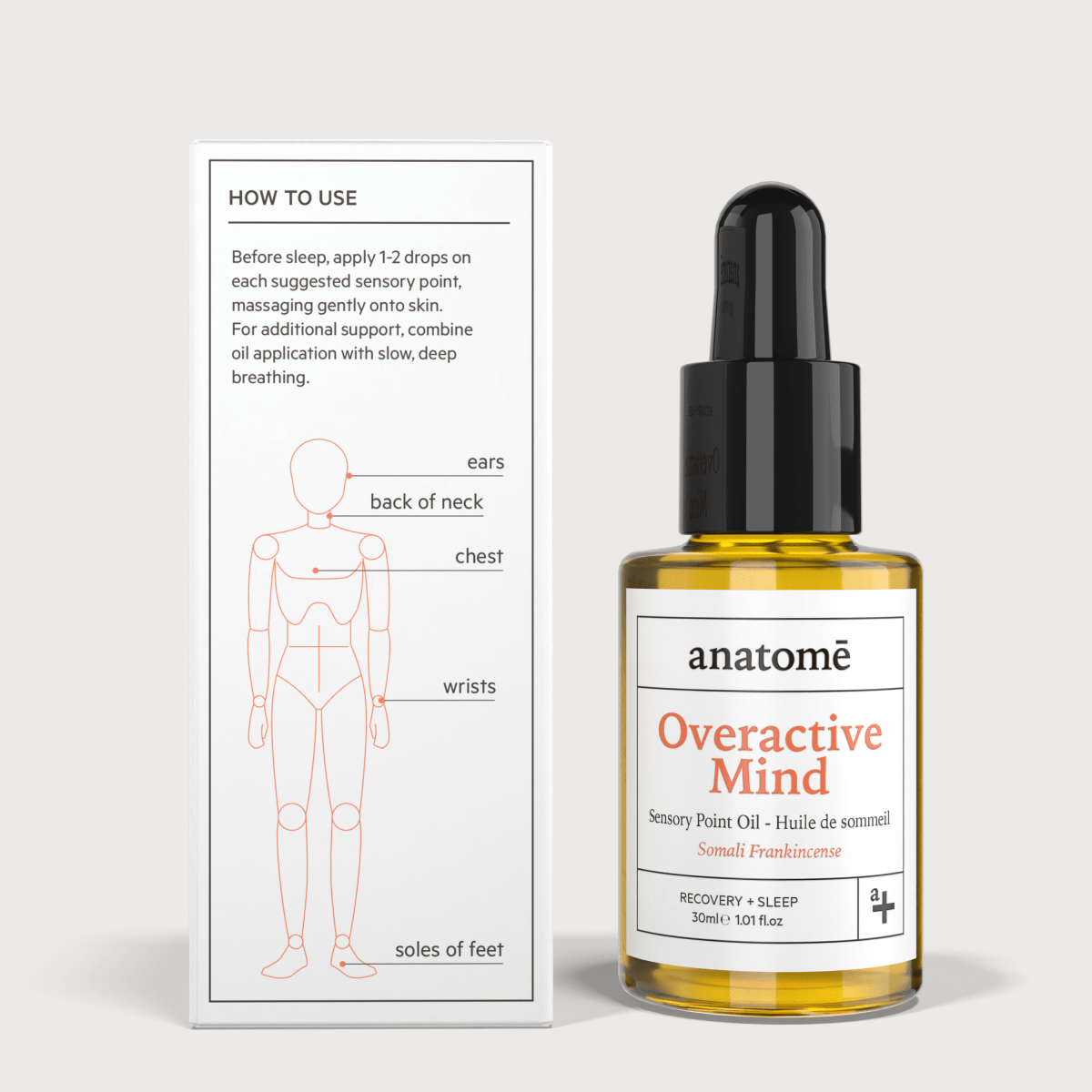



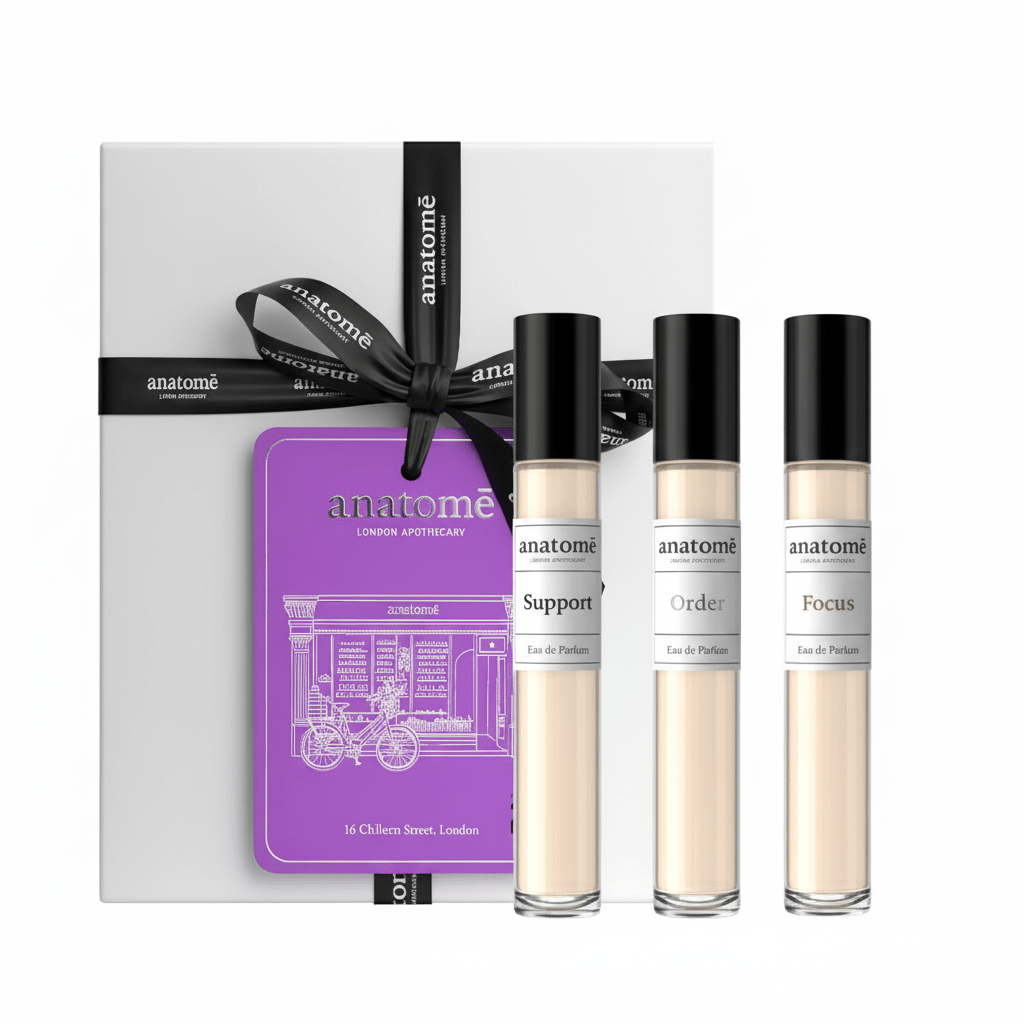
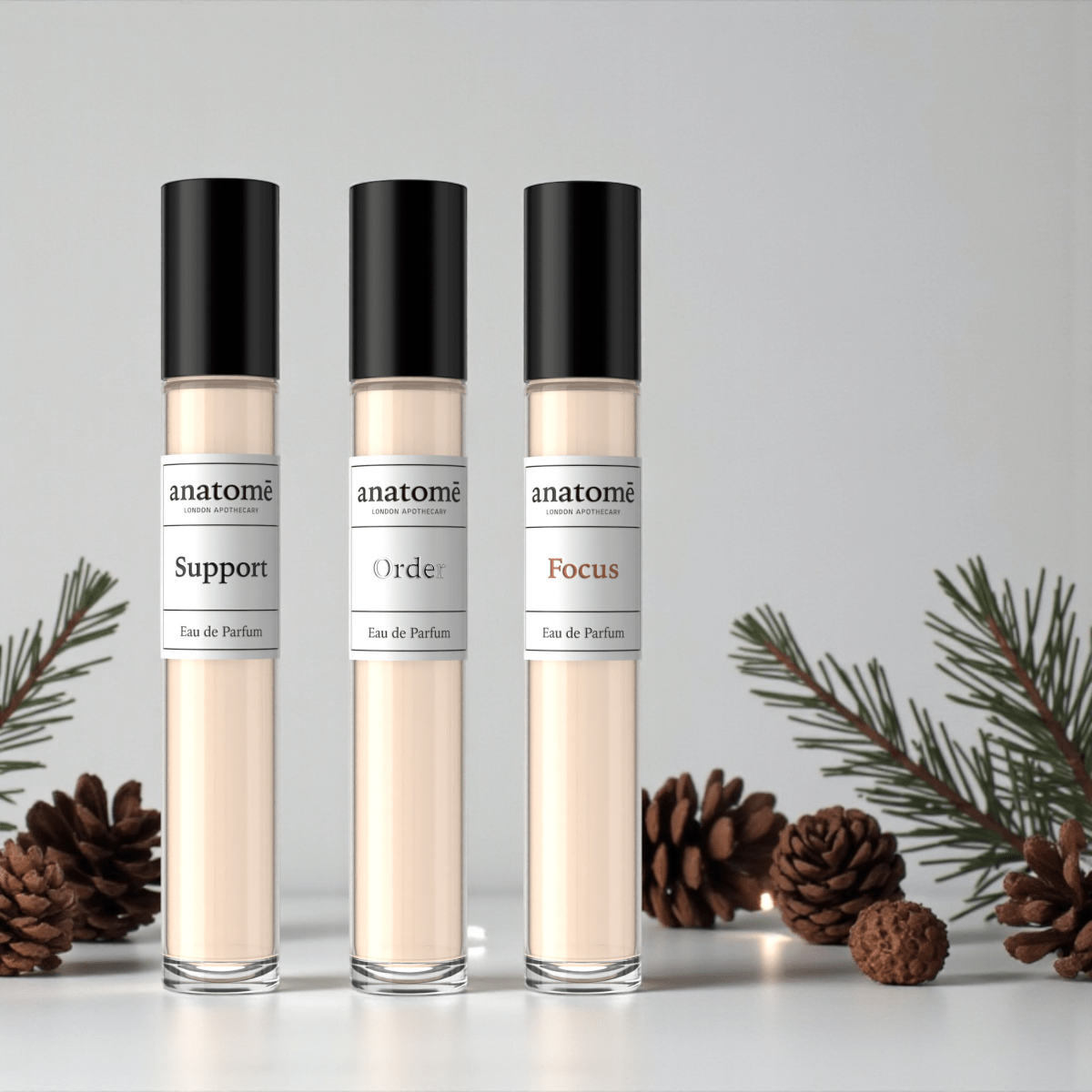
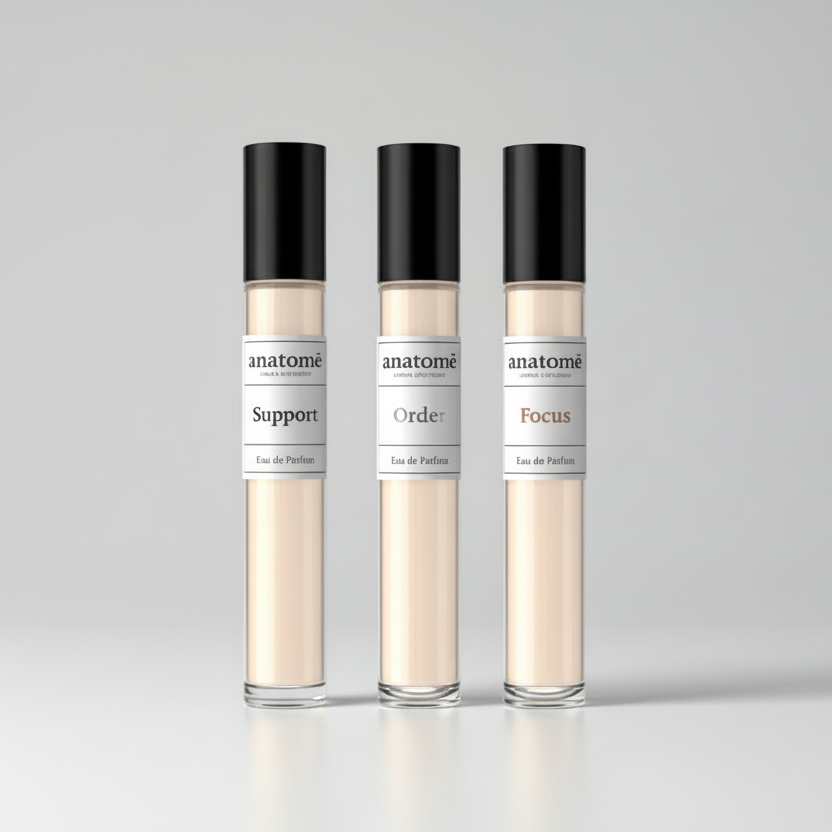




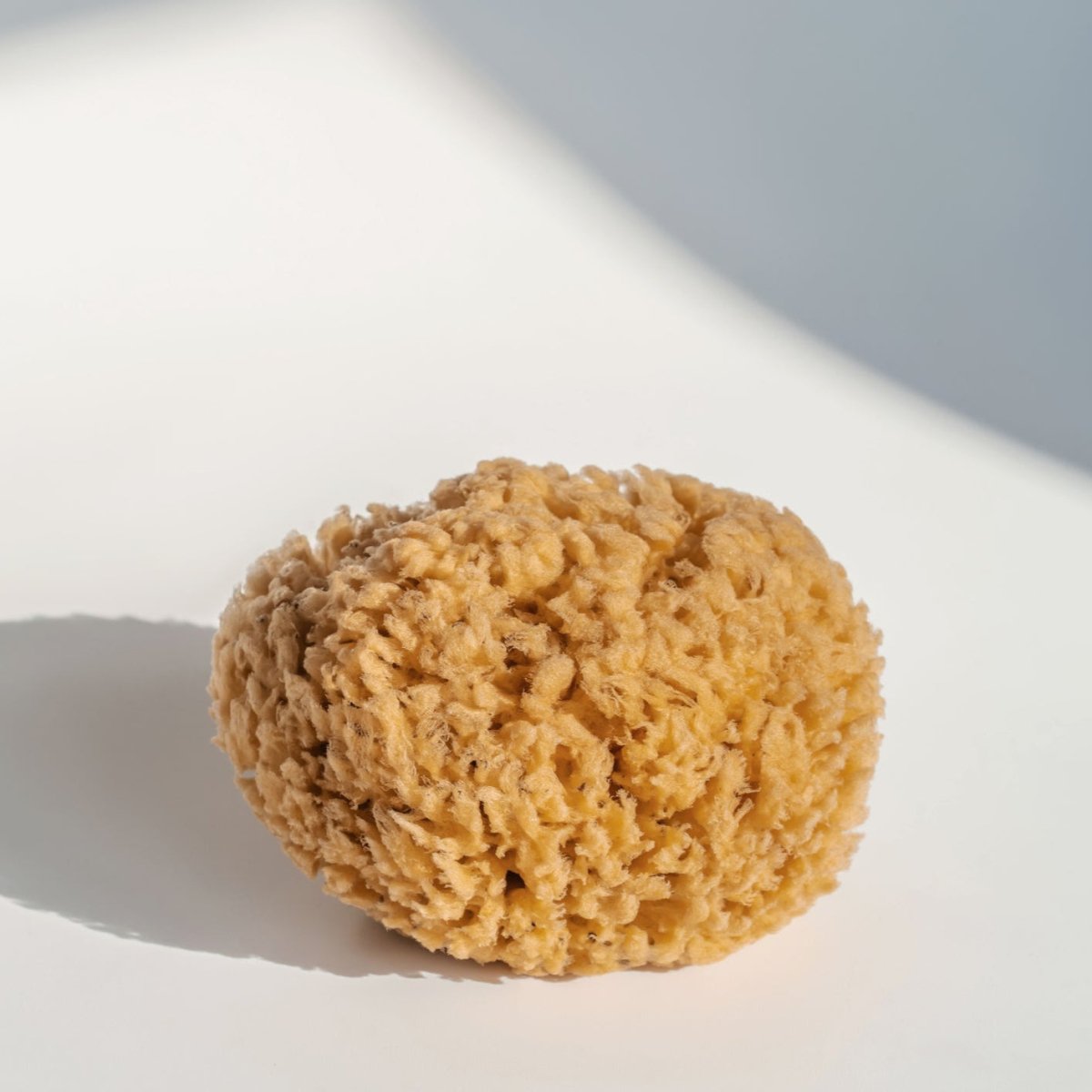
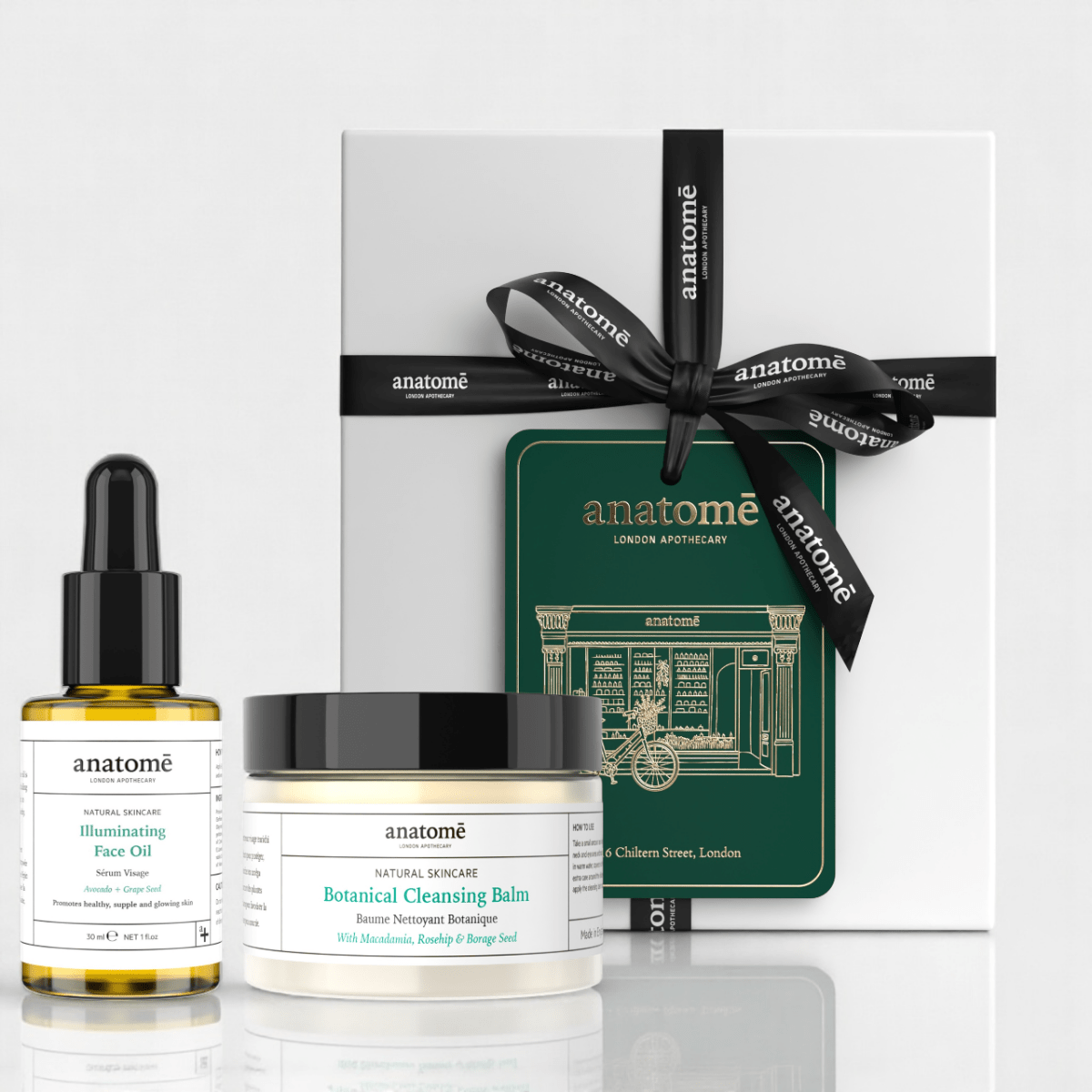
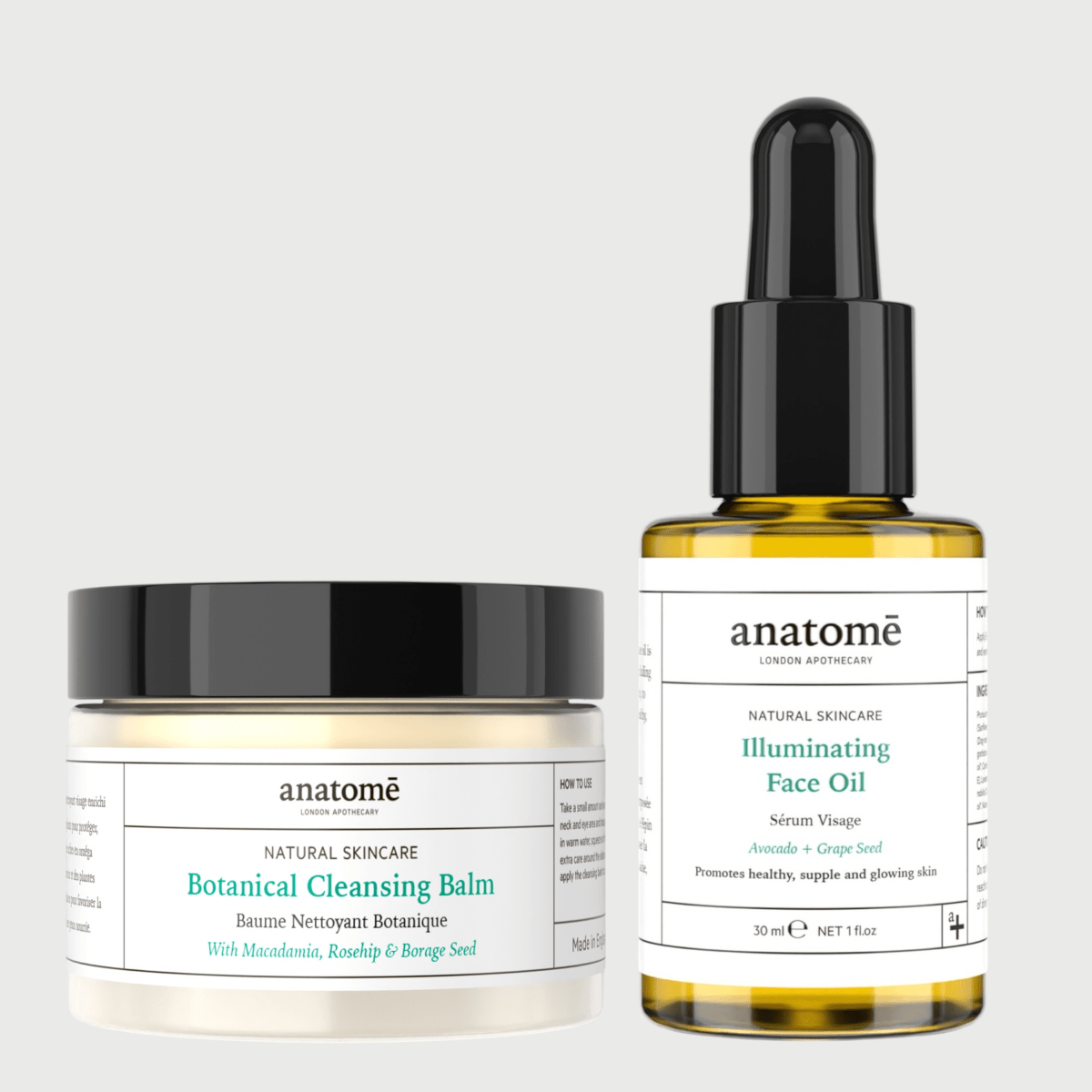



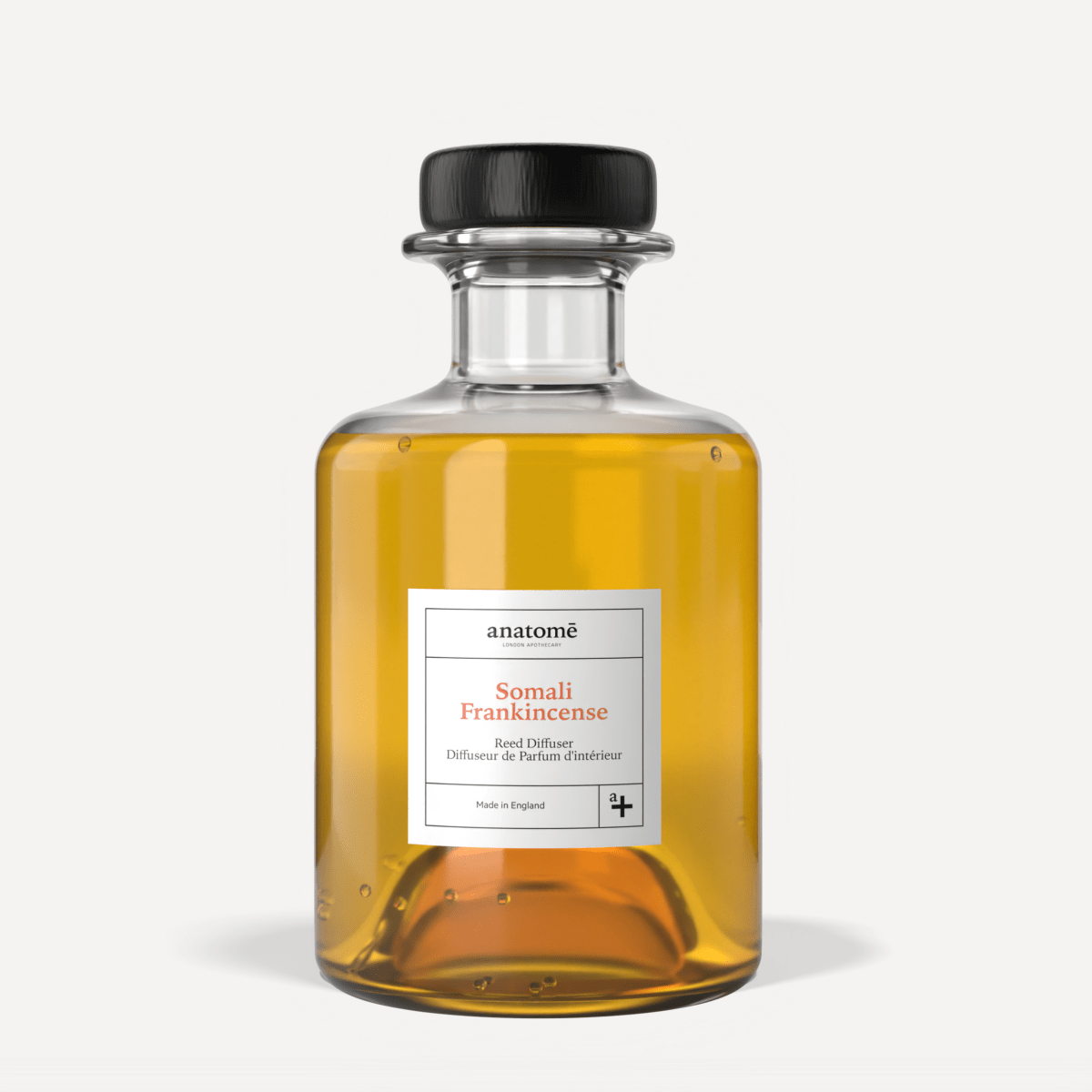
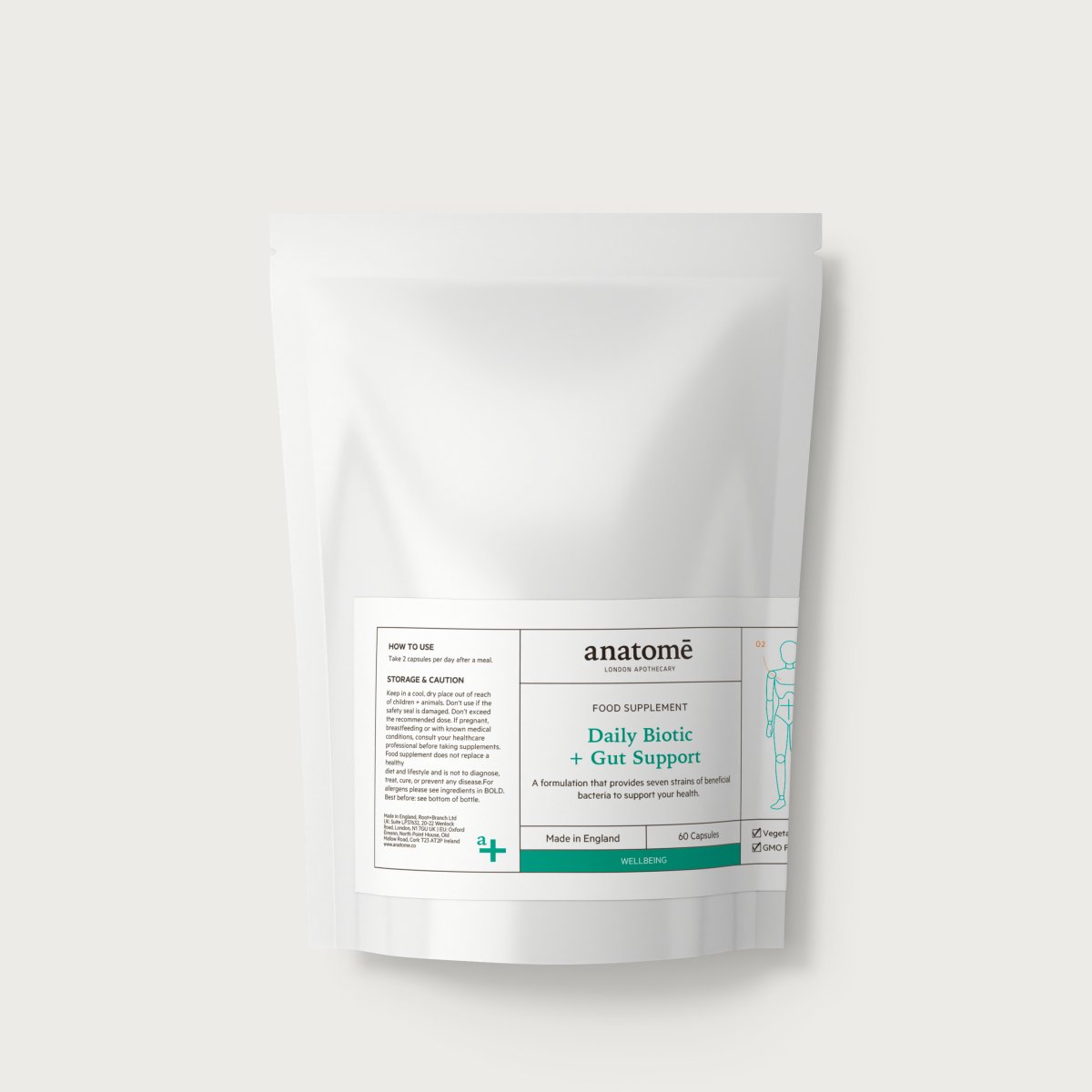
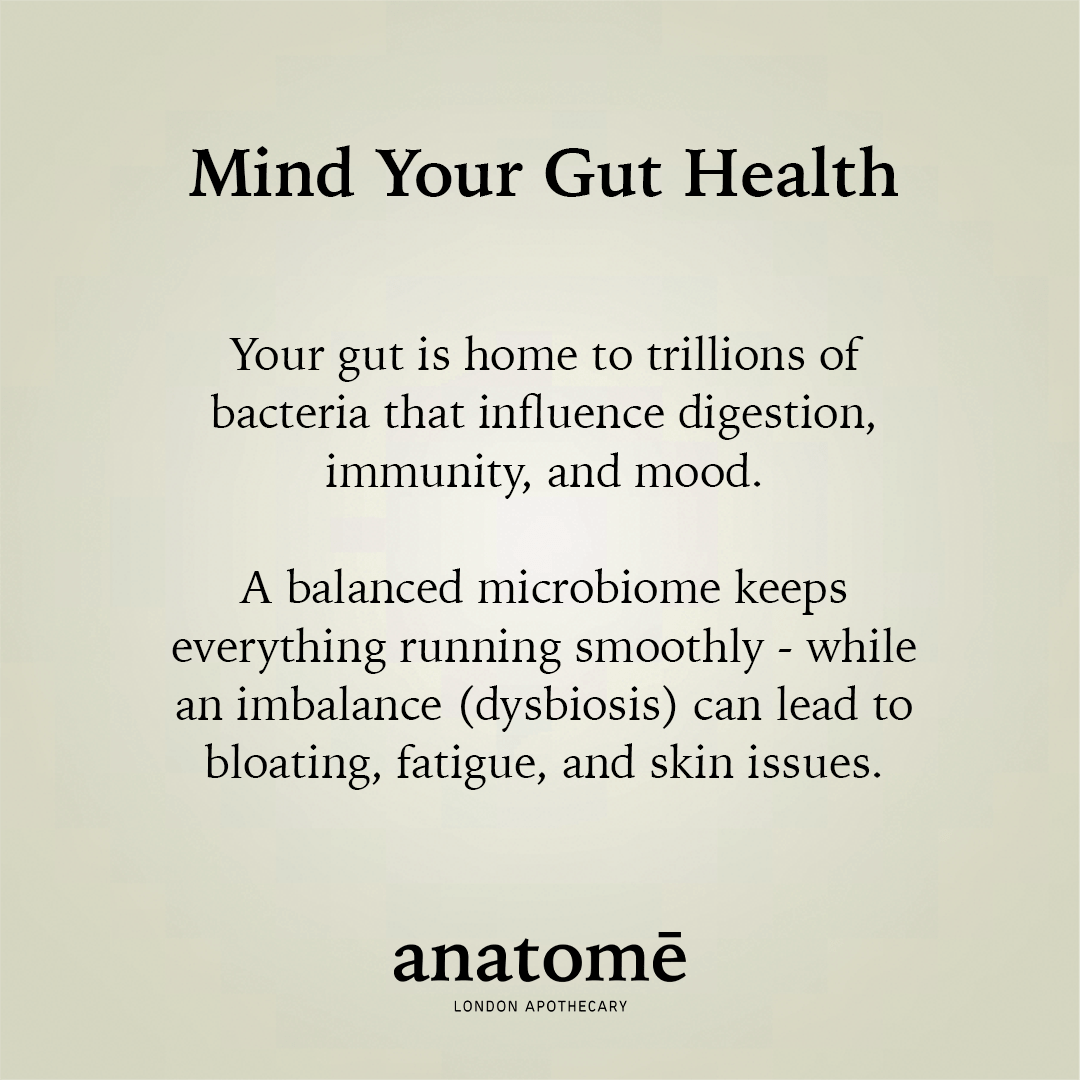
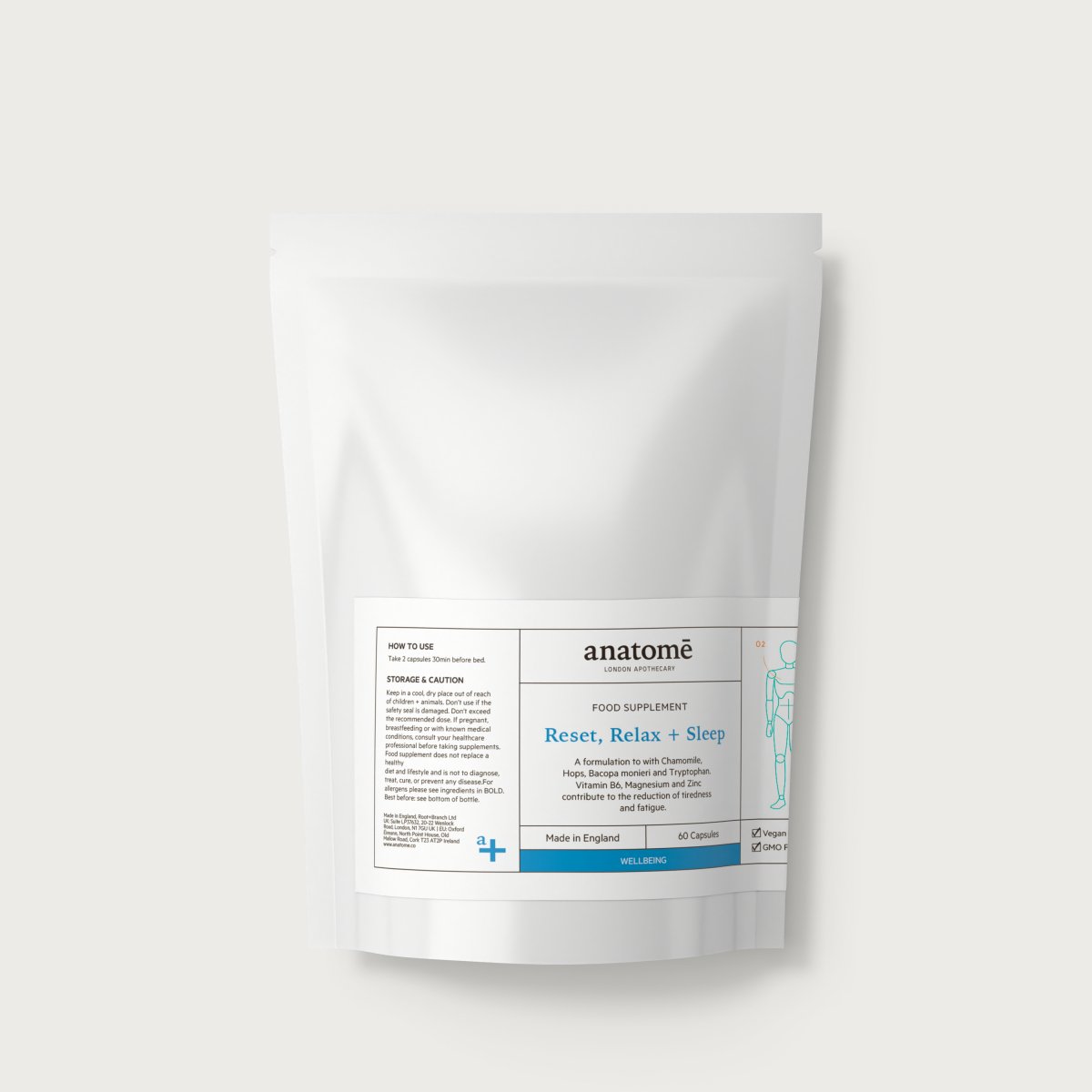







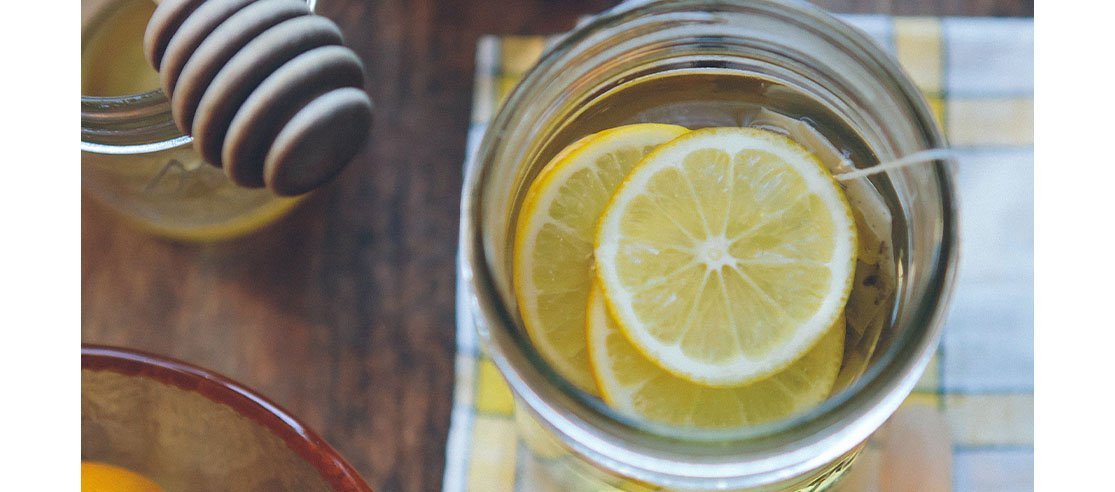





Leave a comment